Slowing Down to focus on what matters.
It’s been a busy few months of technology rollouts for me. It’s great to have a sense of achievement and be seen as ‘successful’ as long-term projects become reality.
It’s also challenging and mentally exhausting to continuously deal with problems in delivering complex projects. This in turn creates a set of anxieties with stress and strains. In a rapidly changing world, there is always that nagging feeling of what’s next? This weekend I was reflecting on what matters and how to get that right balance of work/life/personal space.
In today’s fast-paced technology environment, we often equate success with busyness and constant productivity. But that only means something if we can enjoy the fruits of our labour with those that we love. I was reading a book called “The Ruthless Elimination of Hurry” by John Mark Comer and a different perspective on success and how embracing slowness can lead to a more fulfilling life.

The Addiction to Hurry
Anxiety has become like a drug in our society, and hurry is its dealer. We’re constantly scrolling through emails, responding to notifications, and trying to do everything, everywhere. But at what cost? Our relationships suffer, and we lose touch with what truly matters. We can have fear of missing out, we need to move on to the next thing, how can we optimise the time that we have. Whereas in decades past we could only get our work emails at work now they are walking around with us in our smart phones.
The Technology Trap
Technology has revolutionized our lives – from clocks to light bulbs, cars to smartphones. While these advancements offer convenience, they’ve also accelerated our pace of life. Did you know the average person touches their smartphone 2,617 times a day? It’s time to question whether this speed truly equates to convenience.
The Power of Prioritisation
Instead of trying to do it all, we need to focus on what we’re genuinely good at. We are not all going to score a goal for our favourite football team or create the latest Artificial intelligence revolution like Elon Musk. But we are all good at something and the key is to find what you’re good at and prioritise that. We live in a culture of comparison where everyone is trying to present the perfect version of themselves on social media. If we just focus on what we do well and prioritise improving that. We will be more fulfilled achieve more and have a greater sense of accomplishment.
“Sometimes we focus so much on what we do not have, that we fail to see, appreciate and use what we do have.”
Jeff Dixon
Learning from Jesus’ Lifestyle
One of the greatest leaders who achieved so much in his lifetime was Jesus. He exemplified having to deal with perceived success – the triumphal entry where he was expected to overthrow the tyranny of the Roman occupations. To his betrayal by Judas, false trial and cruel death on a cross to his resurrection three days later.
Examining Jesus’ life provides valuable insights into balanced living. Despite being busy, He was never hurried. He prioritized what was important, made time for relationships, and maintained a relaxed manner even in pressing situations. On his way to heal Jairus’s daughter he met the woman who had been bleeding for 12 years, yet he had the time to heal her.
Embracing Silence and Solitude
In our constantly connected world, moments of silence and solitude have become rare. Yet, these are essential for combating tiredness and anxiety. Creating non-negotiable alone time allows us to process emotions and recharge. I need to make sure that the first hour of each day is a space where I can think, learn and restore my soul ready for the onslaught of the new day’s problems.
The Importance of Rest
Even in ancient times, the concept of a Sabbath – a day of rest and worship – was valued. In our 24/7 world, we need to reclaim this practice. Rest allows us to pause, reflect, and appreciate what we have. Every problem we face looks a lot more manageable if we have had a good nights sleep.
Simplifying Our Lives
We’ve shifted from a needs-based economy to a desire-based one. It’s time to reevaluate our consumption habits. By weaning ourselves off unnecessary possessions and focusing on simple pleasures, we can find greater contentment. Especially if we combine that with reaching out to those in our community who need our help or simply embracing the power of kindness.
Embracing Slow Living
Small changes can make a big difference. Try waiting patiently in queues, driving at the speed limit, or dedicating an hour a day to email-free time. By giving our full energy and attention to one thing at a time, we can reduce stress and increase satisfaction.
Conclusion
The “hurry disease” is damaging our relationships and well-being. By prioritizing relationships, setting boundaries with technology, and embracing slowness, we can redefine success. It’s not about doing more, but about doing what matters most, with presence and intention.
Remember, true success lies not in the number of tasks completed, but in the quality of our relationships and the peace we find in our daily lives.
Further reading:

